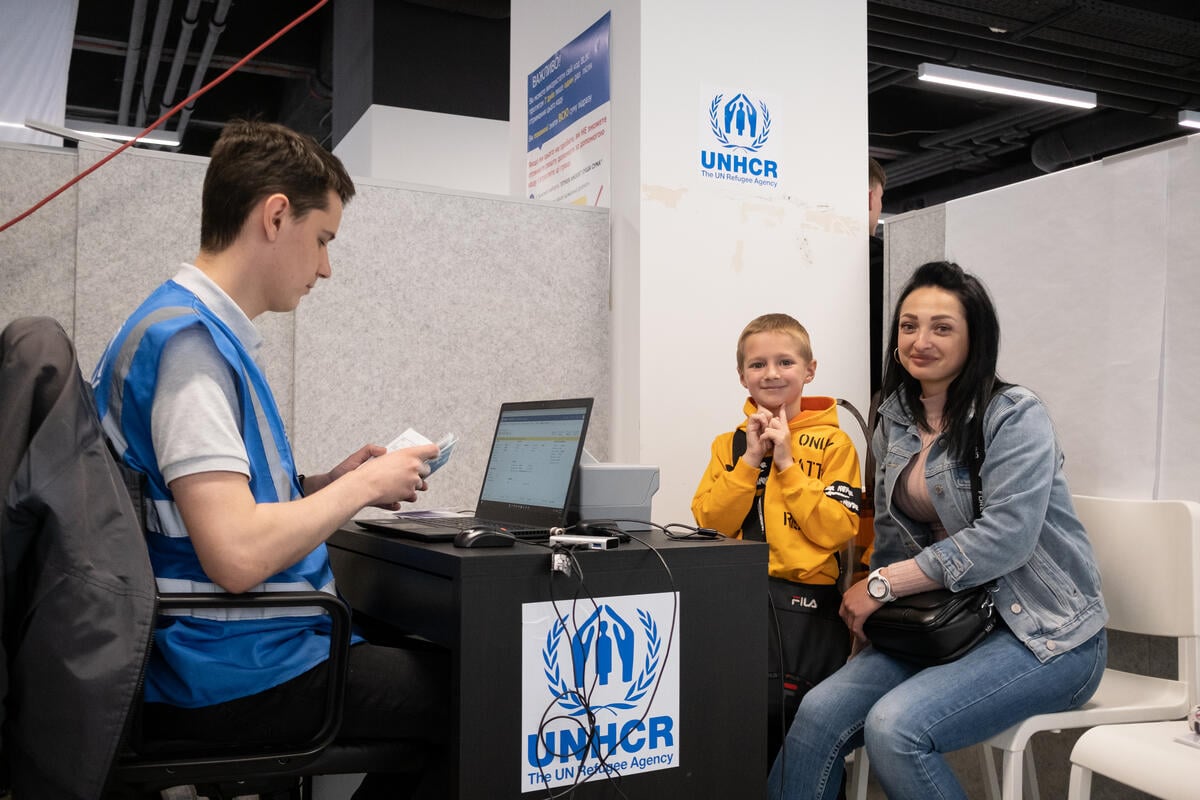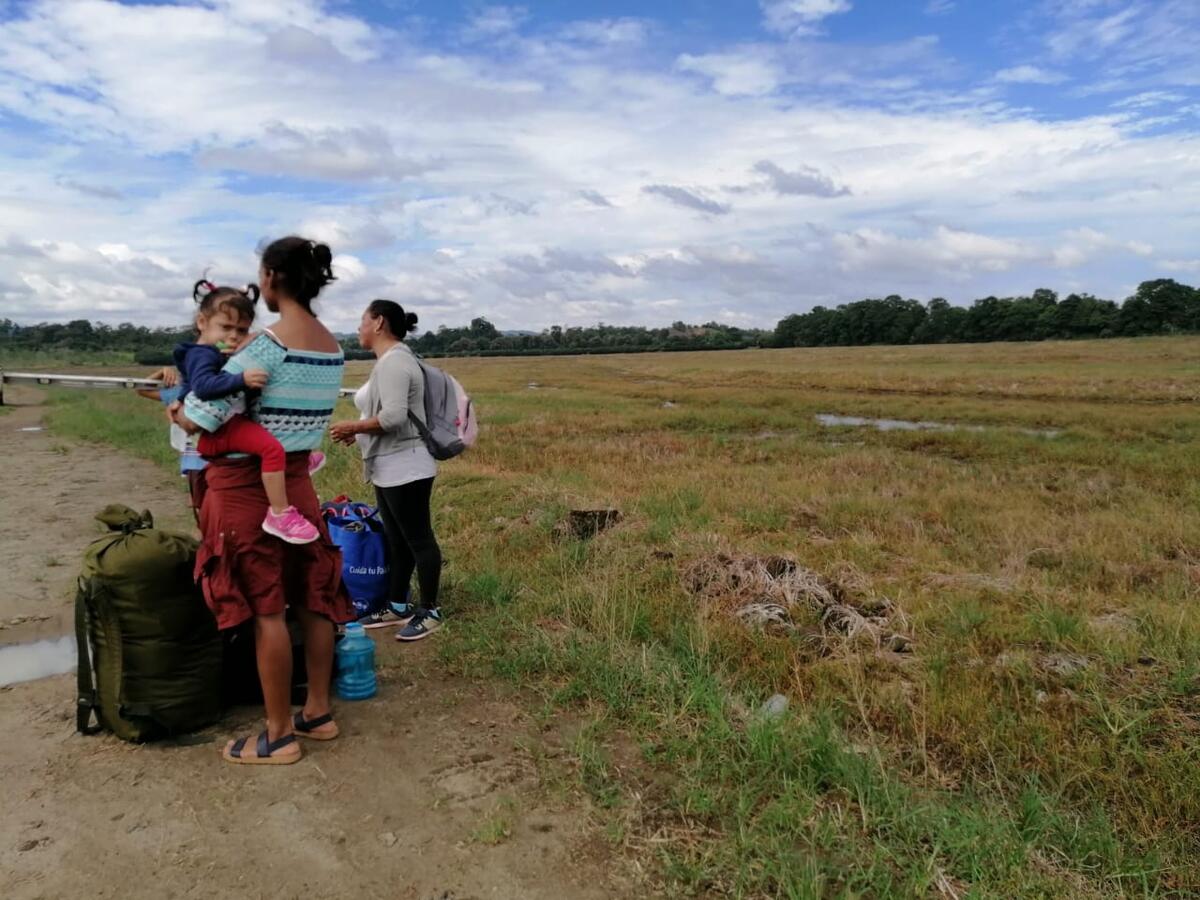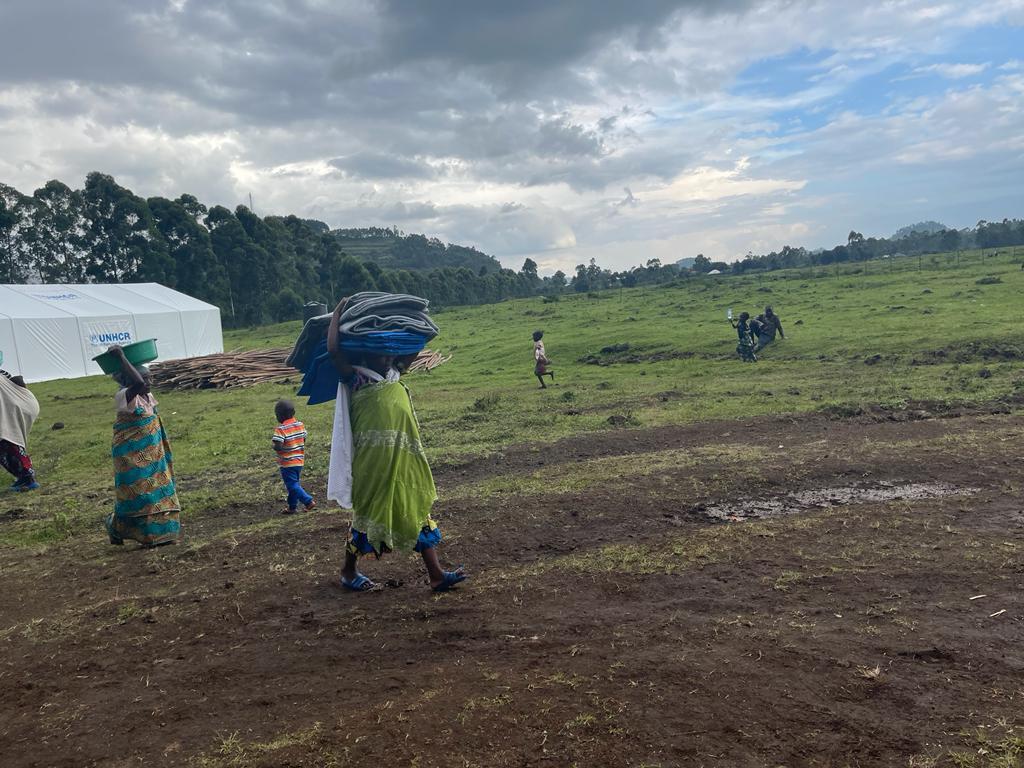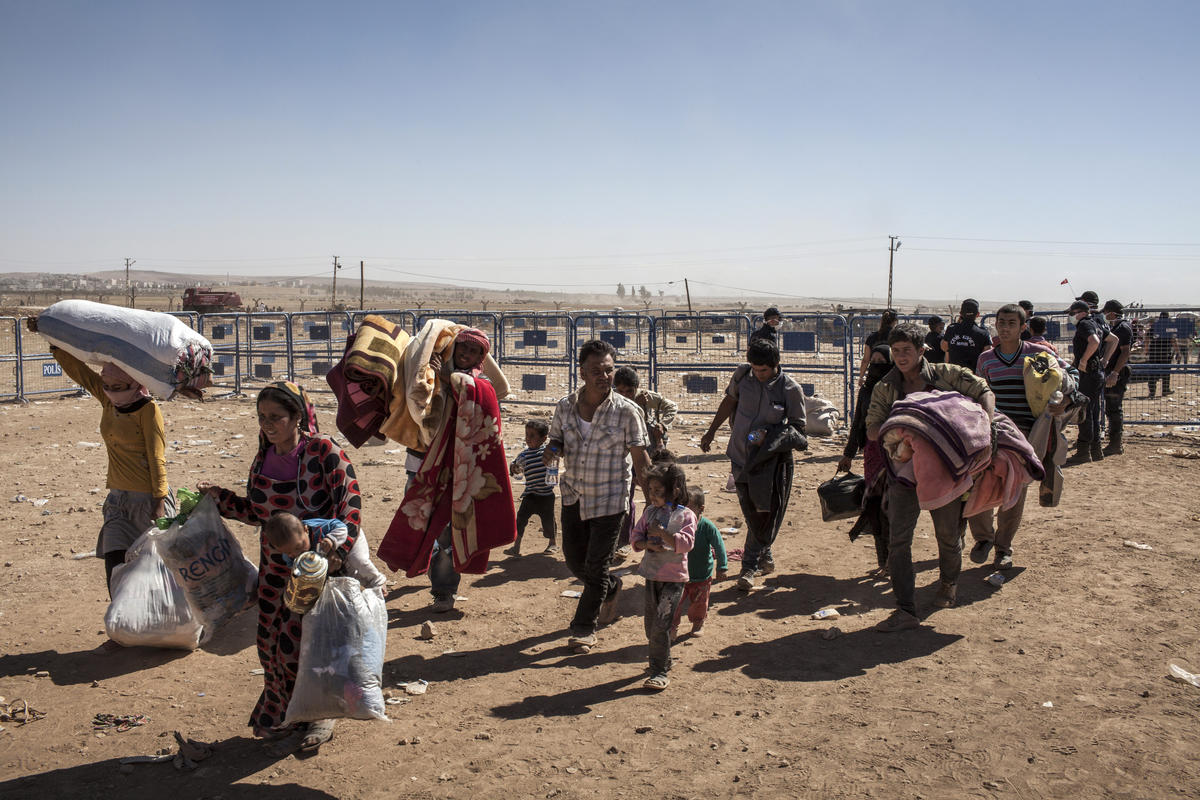New campaign highlights the difficulties of being an asylum seeker in Greece
New campaign highlights the difficulties of being an asylum seeker in Greece

ATHENS, Mar 16 (UNHCR) - The UN refugee agency is launching a campaign in Greece aimed at highlighting the multiple problems that refugees and asylum seekers face in the country which has one of the lowest rates for granting refugee status in the European Union.
The campaign focuses on a number of issues including the difficulties refugees face when trying to enter Greece and apply for asylum; the low number of people who are granted asylum; detention conditions; and measures required for the protection of specific vulnerable groups seeking asylum, such as women, children, torture survivors and land-mine victims.
In recent years, few people have been granted asylum in Greece in comparison with its European neighbours. In 2004, for example, Greece granted overall recognition, including humanitarian status, to 0.9 percent of applicants. The average equivalent figure in other EU member states that year was 26.4 per cent.
Even though these figures rose slightly in 2005, UNHCR remains concerned that the Greek authorities are essentially discounting over 98 percent of asylum applications. Except for two cases in 2005, virtually all asylum seekers were rejected at first instance, including medically certified torture survivors.
Addressing the government's assertion that the vast majority of these applications are not valid, Karen Farkas, UNHCR's representative in Greece, said: "UNHCR accepts that many asylum applications are unfounded but at these levels of rejection many genuine refugees are being left without a status and are finding themselves in a very vulnerable situation in Greece."
Because of Greece's geographical location - at the external border of the EU and at the crossroads between Asia, Africa and Europe - considerable numbers of foreigners, mostly migrants, arrive in Greece every year. Most of the people caught entering the country illegally are arrested and placed in administrative detention, usually for the maximum legal term of three months. UNHCR is concerned that these people include asylum seekers, among them the elderly, families, women and also children who have been separated from their relatives.
"States have a legitimate right to monitor their borders in view of growing irregular migration and security concerns," said Farkas. "But within the large flow of people that come to Greece is a small number of men, women and children who are seeking safety, some of whom have special needs."
Farkas says UNHCR would like to see border control mechanisms that help identify people seeking asylum at the earliest possible stage. "If these people are not identified early, they may be sent back to persecution or death," she said.
She added that UNHCR is working with the Greek authorities in support of their international obligations towards refugees. "Some steps forward have been made with the previous Cabinet and we hope that we will be able to continue building on these in order to improve the situation in Greece and allow refugees to live in safety and dignity," she said.
The UNHCR campaign is using an image of a see-saw to illustrate the way in which the fate of these asylum seekers hangs in the balance between being accepted or rejected by the authorities as refugees.
By Ketty Kehayioylou
UNHCR Greece








